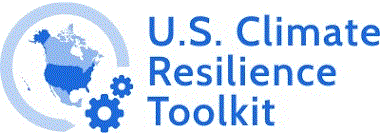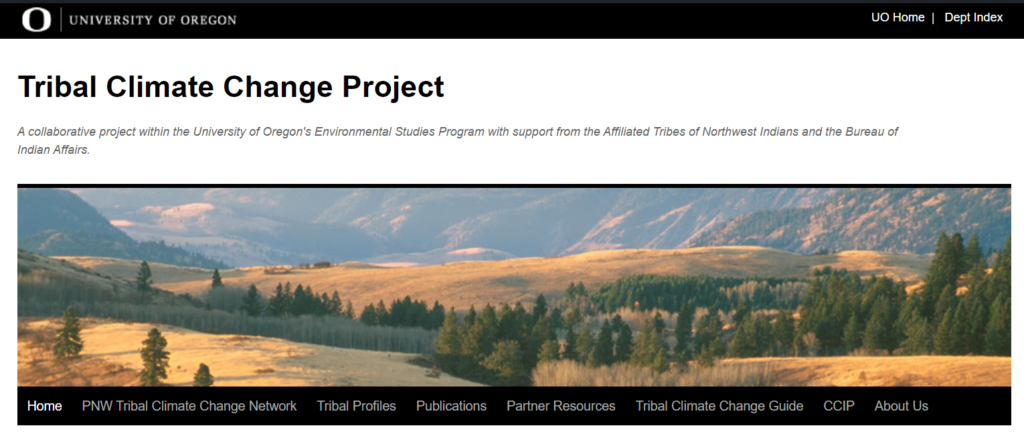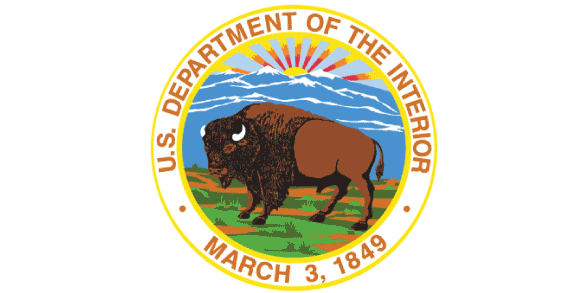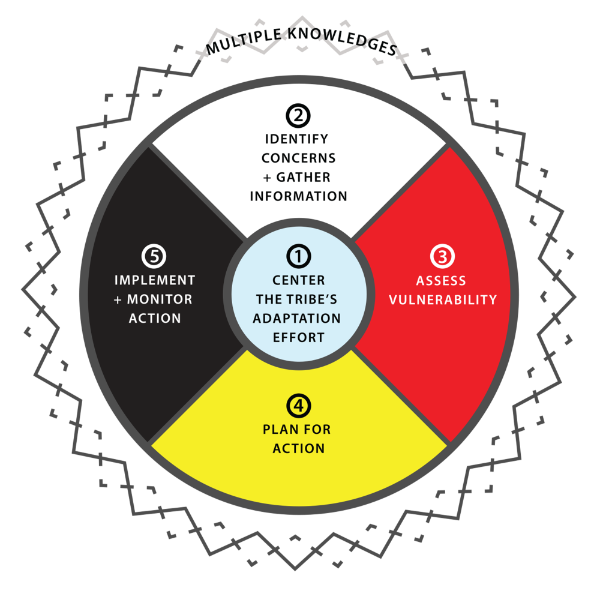Climate Data Portal
External Links
Other Organizations with Complimentary Climate Adaptation Information
After exploring the resources available on our Climate Data Portal, you may want to dive deeper into specific areas of interest. To help guide your next steps, we’ve compiled a list of external organizations and resources that offer additional information and tools. While we are not directly affiliated with these entities, we found them to be among the most relevant and useful for furthering your climate adaptation planning efforts.
U.S. Climate Resilience Toolkit
The U.S. Climate Resilience Toolkit is a website designed to help people find and use tools, information, and subject matter expertise to build climate resilience. The Toolkit offers information from all across the U.S. federal government in one easy-to-use location
Tribal Climate Change Project
A collaborative project within the University of Oregon’s Environmental Studies Program with support from the Affiliated Tribes of Northwest Indians and the Bureau of Indian Affairs.
Tribal Climate Resilience and Adaptation Program
HUD’s Office of Native American Programs (ONAP), part of the Office of Public and Indian Housing, administers housing and community development programs that benefit American Indian and Alaska Native tribal governments, tribal members, the Department of Hawaiian Home Lands, Native Hawaiians, and other Native American organizations.
Tribal Climate Adaptation Menu
The Menu is an extensive collection of climate change adaptation actions for forest planning, organized into tiers of general and more specific ideas.
U.S. BIA Branch of Tribal Climate Resilience
The mission of the Branch of Tribal Climate Resilience is to support climate preparedness and resilience for all Federally-recognized Tribal Nations and Alaska Native villages through technical and financial assistance, access to scientific resources and educational opportunities.
Tribal Climate Adaptation Guidebook
The Tribal Climate Adaptation Guidebook highlights exemplary Tribal efforts in a comprehensive climate adaptation framework that recognizes the distinct circumstances of Tribal governments, cultures, and knowledge systems.






